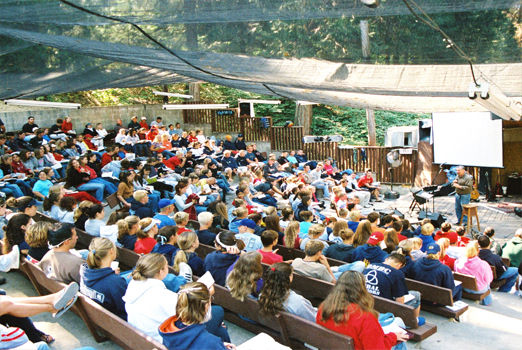Welcome to the Thursday of Jesus’ final week. As you are about to hear in this PODCAST, with these words, we are less than twenty-four hours from the crucifixion. Words wherein Jesus could just as well have said to Peter and John,
“Go and prepare my final Passover meal together, so that we can eat it together.”
Jesus will on this Thursday evening celebrate with His disciples THE singular observance on the Jewish calendar, from time of Moses (Exodus 12) even to today. Indeed, as Rabbi Joseph Telushkin so succinctly stated in his classic work, Jewish Literacy,
“Passover is the most widely observed Jewish holiday.”
But here’s the thing: Overshadowing this entire discussion tonight is this raw reality around which I cannot begin to wrap my mind: The centerpiece of Passover, of Jesus’ final Passover — the Passover lamb — has throughout redemptive history pictured one and only one person: Jesus, the lamb of God who takes away the sin of the world. That person, Jesus, whose sacrifice in less than twenty-four hours would pay the penalty for the sin of world.
What emotions must have flooded Jesus’ mind, heart, and spirit…
- As He led this His final Passover seder?
- As He Himself partook of the Passover lamb that symbolized everything that would happen to Him that very night into the very next day?
- The lamb that symbolized Jesus as the lamb of God?
- The blood that would symbolize His shed blood?
- The entire Passover story retold and in a sense
- reenacted in that Upper Room that celebrated the Israelites freedom from slavery to the Egyptians?
- That now symbolized our freedom from our slavery to sin, and from the punishment we all deserve?
That punishment paid for by Jesus who is what Paul called “our Passover lamb” (1 Corinthians 5:7)?
All of this, and so much more, flooded like a tsunami of emotions Jesus sizable heart on this, the day Jesus told Peter and John,
“Go and prepare the Passover meal, so we can eat it together.”
Preparing for this Passover meal, and every annual Passover meal, was and is #NoSmallThing. Given the enormity of the symbolism of every single aspect of a Passover celebration, preparation required effort and deliberation.
For our many Jewish friends, Jesus’ words to Peter and John, “Go and prepare the Passover meal,” involved much that we might easily miss. Consequently, in order to understand what took place in that Upper Room on this Thursday evening, we’ve got to hear Jesus’ words, “Go and prepare,” as Peter and John heard them.
So let me start with this…
Please remember that depending upon your web browser and connection speed, it may take up to 60 seconds for this podcast to begin to play.
God bless you richly as you listen.

